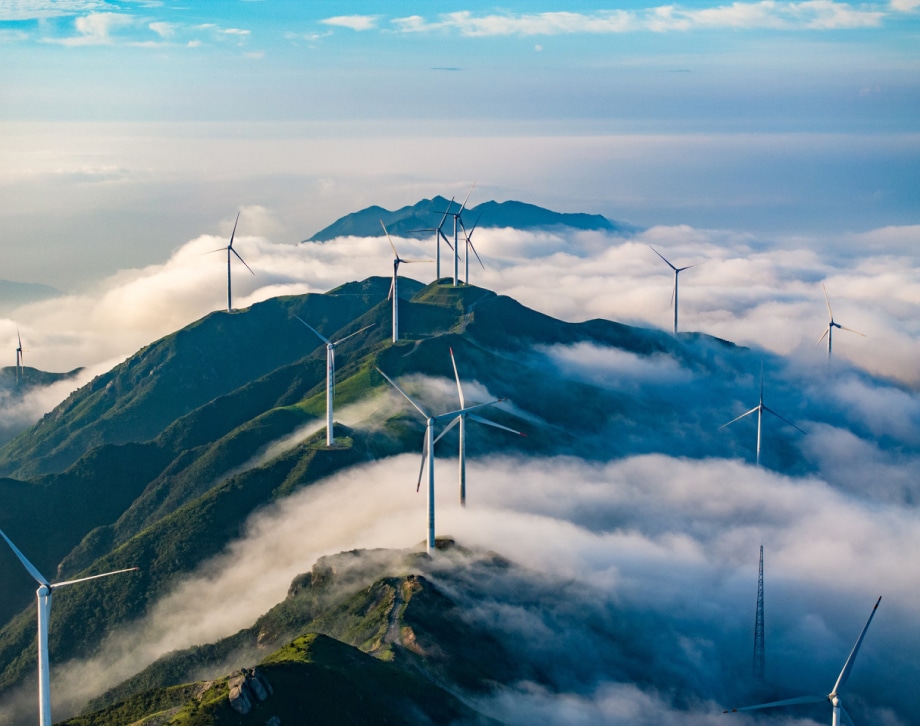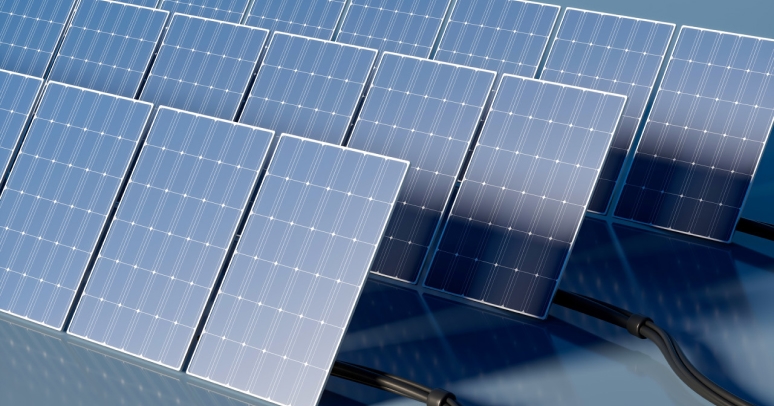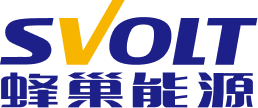
Low-Carbon Drive for a Green Future
SVOLT is firmly committed to the path of green development. It continuously optimizes environmental management mechanisms and focuses on core areas such as energy conservation and carbon reduction, resource management, pollution control, ecological protection, and biodiversity. Moreover, it also actively addresses the challenges of climate change and enhances climate resilience by guiding all employees to jointly build a green and low-carbon development model as participants, so as to make unremitting efforts towards a green future full of ecological beauty and enterprise prosperity.

Environmental Management
Environmental protection targets of SVOLT
-
100%
Pollutant emission compliance rate
-
“0”
Violations during the implementation of heavily polluted weather
-
100%
Compliance rate of hazardous waste disposal
-
100%
Environmental monitoring coverage rate
Resource Management
-


Water resources management
Developing a water consumption and conservation system to effectively improve the efficiency of water resource utilization.
Set up a water conservation leading group, establish a water management organization network, and deal with problems in a timely manner when problems are discovered.
Creat a water-saving atmosphere, use water-saving faucets, and conduct a series of publicity activities such as posting water-saving signs, water-saving training, and distributing water-saving promotion good habits manuals to guide employees to cherish, love, and save water in their work and life.
-


Energy management
SVOLT continues to promote energy conservation and emission reduction. It has developed and implemented the Incentive Mechanism for Cost Reduction and Efficiency Improvement of SVOLT, and carried out energy conservation projects through equipment upgrades, lean management, and other methods to reduce greenhouse gas emissions.
The company is gradually upgrading fossil fuel equipment to electrical equipment on the demand side, including the procurement of electric forklifts to replace diesel forklifts, and procurement of new energy vehicle models for new commercial vehicles.
In terms of lighting, the company has developed corresponding energy conservation schemes. Energy conservation LED lights are adopted for all lighting fixtures, the number of lights on and off is specified, and induction and voice control devices, and dynamically switching lighting fixtures are equipped to implement an energy conservation control mechanism of "lights on when people come, lights off when people leave".
The company has formulated the Management Regulations on the Use of Air Conditioning, which clearly stipulates the use time and temperature control of air conditioning in production and office spaces, achieving centralized control management and effectively reducing energy consumption.
The company also actively promotes the construction of renewable energy and expands the supply capacity of clean energy. The company focuses on the development of clean energy technologies such as solar energy and has built photovoltaic power stations on the roofs of its own buildings to form an intelligent energy supply system for solar energy storage.
Resource Management
-

Waste water management
Waste water management
SVOLT strictly complies with laws and regulations such as the Water Pollution Prevention and Control Law of the People's Republic of China and the Comprehensive Waste Water Discharge Standard, and has formulated the Water Pollution Prevention and Control Management Specification. The company adheres to the principle of "rainwater and sewage diversion, clean and sewage diversion, sewage diversion, cold and hot diversion, classified collection, quality-based treatment, recycling, and standard discharge" for the generated sewage, strictly implements the annual monitoring plan for pollution sources, and regularly implements monitoring to ensure the standard discharge of pollutants.
-

Waste gas management
Waste gas management
SVOLT strictly complies with laws and regulations such as the Law of the People's Republic of China on the Prevention and Control of Atmospheric Pollution and the Integrated Emission Standard of Air Pollutants and has formulated institutional documents such as the Pollutant Management and Control Procedure, the Atmospheric Pollution Prevention and Control Management Specification, and the Technical Management Specification for the Operation of Activated Carbon Adsorption Waste Gas Treatment Facilities to ensure the compliant emission of waste gas.
NMP waste gas: The NMP waste gas generated by coating drying is collected by a fully enclosed collection system and enters the secondary condensation recovery system. Most of the gas is reused in the drying system, and a small amount of the condensed waste gas is discharged in an organized manner after being sprayed with secondary water, which minimizes the emission of NMP waste gas.
Injection waste gas and vacuum waste gas: Discharged in an organized manner after adsorption by secondary alkaline activated carbon.
-

Waste management
Waste management
SVOLT strictly complies with the Law of the People's Republic of China on the Prevention and Control of Environmental Pollution by Solid Waste, and has formulated the Waste Management Regulations, which classifies solid waste into four categories based on the nature of the solid waste, namely, valuable waste, invaluable waste, hazardous waste, and non-valuable/invaluable waste. These wastes are classified and stored by zones in the corresponding temporary storage areas or warehouses according to the List of Waste Classification for regular treatment, and the hazardous wastes are entrusted to qualified organizations for compliant disposal. In addition, the company actively organizes and implements special training on waste classification to further enhance the ability of employees to properly dispose of waste.






